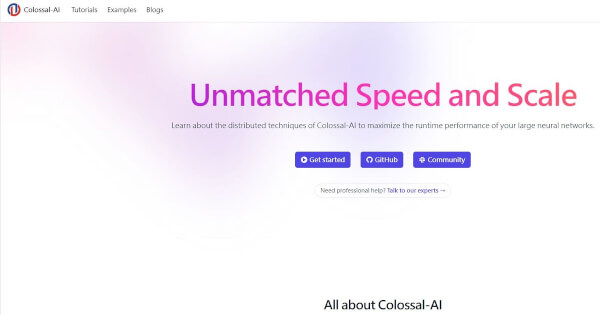Recent advances in the dynamic fields of AI and large-scale language models (LLMs) have significantly improved multilevel conversation processing. Challenges of LLM include: ChatGPT Maintains generation quality during extended interactions due to input length and GPU memory limitations. LLM suffers from inputs that are longer than the training sequence and can collapse when the input exceeds the attention window, which is limited by GPU memory.
Introduction to StreamingLLM by Xiao et al. Published under the title “An Efficient Streaming Language Model with Attentional Sink” There was an innovation at MIT. This method enables streaming text input of over 4 million tokens in multiple conversations without compromising inference speed and generation quality, achieving a remarkable 22.2x speedup over existing methods. However, StreamingLLM, implemented in native PyTorch, required further optimization for real-world applications that require low cost, low latency, and high throughput.
To address this need, the Colossal-AI team developed SwiftInfer, a TensorRT-based implementation of StreamingLLM. This implementation further improves the inference performance of large-scale language models by 46%, making it an efficient solution for multi-faceted conversations.
The combination of SwiftInfer’s TensorRT inference optimizations from the SwiftInfer project increases inference efficiency while maintaining all the advantages of the original StreamingLLM. TensorRT-LLM’s API allows you to construct models similar to PyTorch models. It is important to note that StreamingLLM does not increase the length of context a model can access, but does ensure model creation with longer dialog text input.
Colossal-AI, a PyTorch-based AI system, also played a key role in this process. Specifically, it reduces AI model training, fine-tuning, and inference costs using multi-dimensional parallel processing, heterogeneous memory management, and more. In just one year, we gained over 35,000 GitHub stars. Recently, the team released the Colossal-LLaMA-2-13B model, a fine-tuned version of the Llama-2 model, showing excellent performance despite its low cost.
Colossal-AI cloud platform, which aims at system optimization and integration of low-cost computing resources, has launched its AI cloud server. The platform simplifies large-scale AI model development by providing a Docker image containing the Colossal-AI code repository, along with tools such as Jupyter Notebook, SSH, port forwarding, and Grafana monitoring.
Image source: Shutterstock

